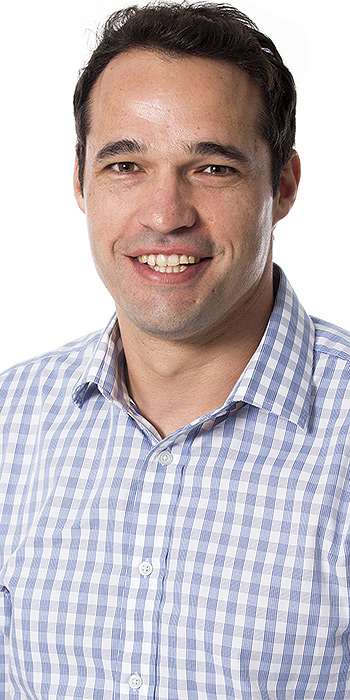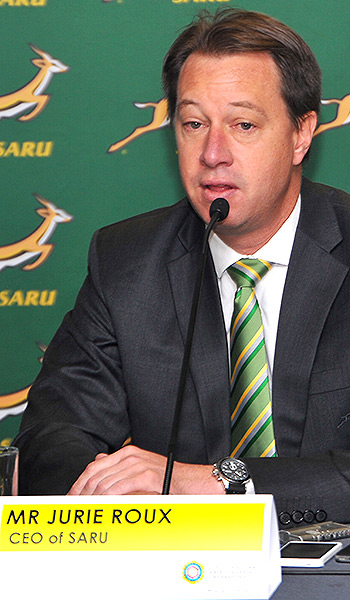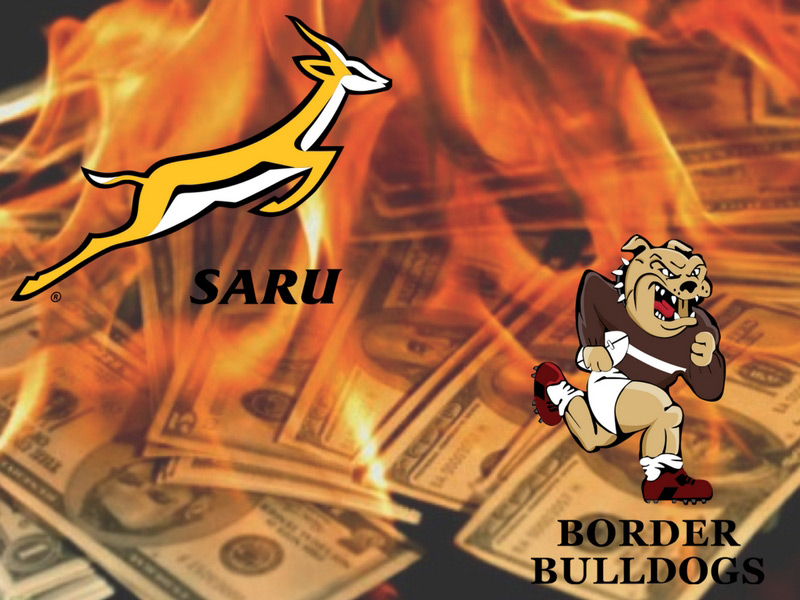Another union bankrupt as SARU reports a loss ... again
It was confirmed on Thursday that the South African Rugby Players Association lodged an application for the liquidation of the Border Rugby Union, while the SARU Union reported a loss of ZAR33.3-million for the 2017 financial year.
This comes at a time that the Western Province Rugby Union is in an ongoing legal dispute over their bankruptcy and rumours are milling around that the Blue Bulls are also on the verge of bankruptcy.
The Eastern Province Rugby Union are still reeling from their bankruptcy a few years ago.
SARPA, who represent the professional players employed by the BRU lodged their application at the High Court of South Africa (East London Circuit Local Division).
In a statement, SARPA said the BRU has failed intermittently since December 2017 to make full salary payments to the players in that it failed to make the necessary pension fund and medical aid payments to the players.
Currently, the union is not in a position to pay the full salaries of the players and as a result, the players are without medical aid cover.
After written demands issued by SARPA, the BRU failed to meet its commitments to the players, attributing these failures to cash flow challenges.
They were also advised by SARPA that the players will be obliged to withhold their playing services until the medical premiums have been paid in full.
Players are currently not allowed to train for or participate in a match for BRU.
"The ongoing incapability of BRU to meet its financial obligations gave the players no other option but to take legal action and apply for the liquidation of the Union," Eugene Henning, Managing Director of the players' organisation, said.
"Although bringing the liquidation application is a no-win situation for everyone, it remains the only logical action for the players to take especially taking into account the intolerable levels of uncertainty and hardship they have had to and are still enduring," said Henning.
"We are concerned about the financial state of rugby in South Africa as this was the third union since the start of 2018 that was experiencing financial difficulties with the payment of player salaries while another major union indicated this week to us that it might not be able to meet its financial obligations towards the players in 2018," Henning concluded.
* Meanwhile SARU said "a commitment to the long-term health of the game" led to them reporting a loss for the 2017 financial year.
The investment in the bid to host the 2023 World Cup and in the membership of the Pro14 was key to a pre-tax loss of ZAR33.3-million, according to SARU CEO Jurie Roux.
The investments skewed SARU's results, which would have shown a modest pre-tax profit but for the extraordinary items.
Roux said the organisation believed both expenses were strategic imperatives.
"We took the view that the long-term prospects for rugby in South Africa would have been significantly improved by hosting the 2023 World Cup," Roux said.
"The investment SARU made in the process – in the region of ZAR in 2017 – was justified by winning the recommendation of the World Cup board – before the vote went against us."
Roux said that discussions were still underway with partners regarding commitments to cover the expenses of the bid.
Similarly, a once-off invitation was received in 2017 to join the Pro14 – an international competition for teams from Ireland, Italy, Scotland and Wales.
It was considered essential to grasp the opportunity as the South African rugby community as a whole has been eager to widen playing options by competing in a northern hemisphere competition.
"The planned reduction in teams in Super Rugby presented two of our franchises and SARU with a number of challenges," said Roux.
"However, the chance opened up for us to answer those challenges and explore the long-held view in South African rugby that we must explore opportunities in the Northern Hemisphere.
"We secured additional funding to underwrite our entry to Pro14, but there was still a nett cost to SARU of ZAR37-million in 2017.
"The organisation regards that as a good investment in the long-term sustainability of professional rugby in South Africa and of two important franchises in the short term."
SARU group revenues in 2017 were ZAR1.19-billion (ZAR1.21-billion in 2016), while expenses were ZAR1.28-billion (ZAR1.25-billion in 2016).
Support for the 14 member unions and player welfare, through the use of player imagery and injury insurance, accounted for 33.7 percent of expenditure.
Costs associated with national teams declined 9.6 percent to ZAR177-million (attributable to the reduced payment of performance-related bonuses and reduced travelling costs) while the costs of delivering competitions, Tests and partner rights accounted for another 31.6 percent.
Roux said the extraordinary investments made it impossible to achieve the objective of breaking even in 2017.
"However, it is our view that we did as best as we could through prudent financial management to reduce underlying costs in a challenging economic and financial environment before the extraordinary items," he said.
"The prospects for 2018 and beyond look more promising. A sound budget was approved for the current year with a significant percentage of forecast revenue already secured while conservative expenditure principles were adopted.
"The opportunity for further revenue generation exists while a key area focus for the game is a comprehensive review of the number of professional players and their associated costs. The World Cup in Japan promises to provide SARU with significant commercial opportunities next year, while we look forward to a commercially successful British & Irish Lions tour in 2021.
"It was a tough year and we have been financially stretched but we can look forward with more optimism in 2018."
The annual financial statements will be presented for approval at the Annual Meeting in Cape Town on Friday, April 6.




































